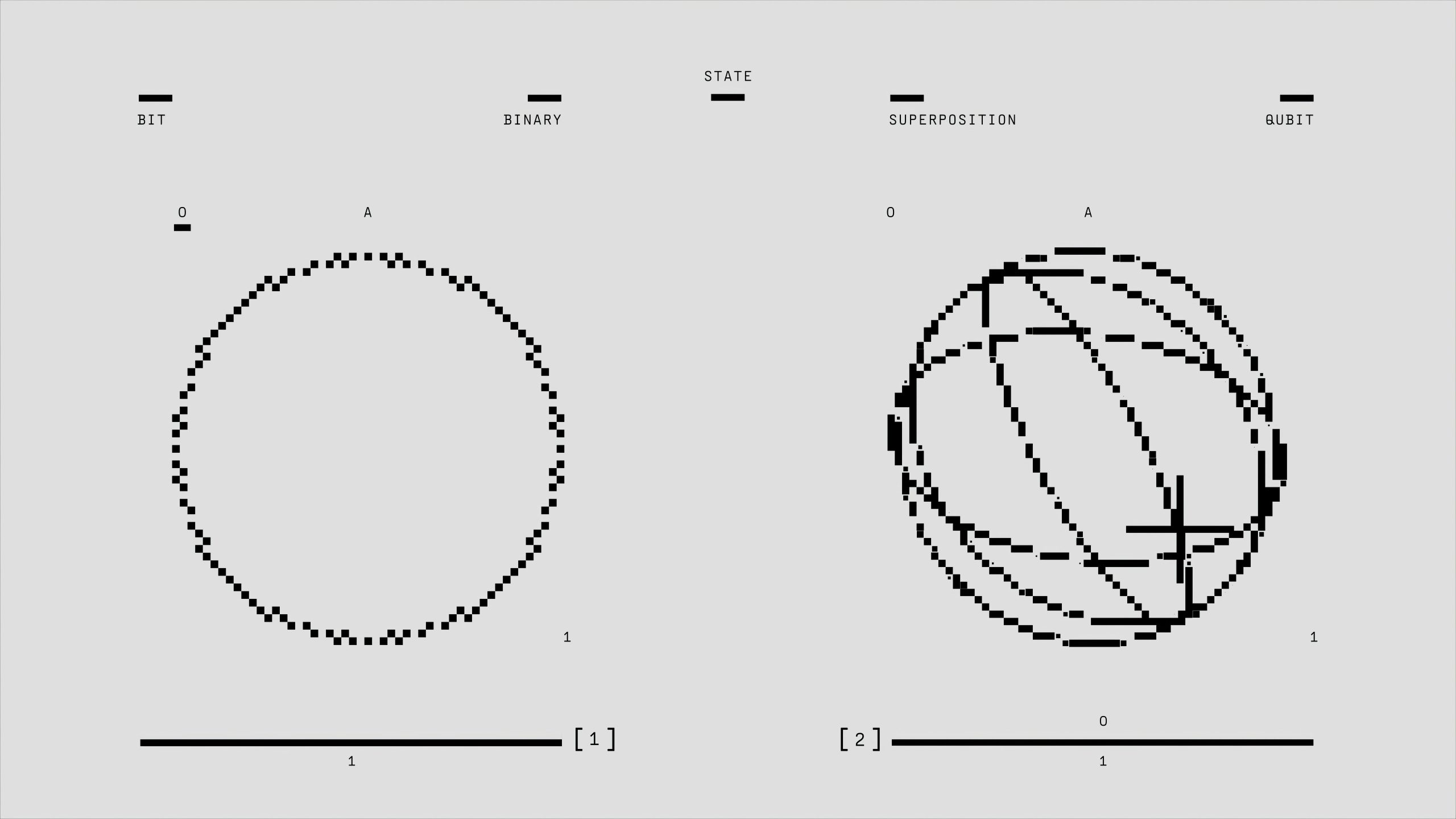A piece from The Guardian exploring Jaron Lanier’s insights on artificial intelligence
Rethinking AI Risks: Insights from Jaron Lanier on the Future of Technology
In recent discussions surrounding artificial intelligence, the focus often gravitates toward the potential threats of autonomous systems and their capacity to overtake or harm humanity. However, a thought-provoking article in The Guardian sheds light on a different perspective, emphasizing the psychological and societal dangers that AI might pose—dangers that could be just as, if not more, alarming.
Renowned technologist Jaron Lanier offers a compelling viewpoint: the primary risk associated with AI isn’t necessarily that an alien or autonomous entity might abruptly emerge to dominate us. Instead, he warns that our reliance on these technologies could lead us toward mutual incomprehension or collective insanity. Lanier suggests that if we misuse or overly depend on AI without adequate understanding and self-awareness, we risk eroding the fundamental ways we communicate, collaborate, and even think as a society.
One particularly striking highlight from Lanier’s insights is the potential for AI to contribute to a breakdown in human connection and understanding. In such a scenario, rather than facing annihilation at the hands of a rogue AI, we may instead self-destruct through societal disintegration—becoming so disconnected and confusing in our interactions that collective survival is threatened.
This raises an essential discussion point: Could our destructive trajectory involve not some external force, but our own inability to manage the technologies we’ve created? The danger isn’t confined to hypothetical alien invasions but extends to the very fabric of human coherence and sanity. If we allow AI to dominate our attention, distort our perceptions, and undermine our mutual understanding, we may be steering toward a form of self-inflicted extinction rooted in insanity.
As AI continues to integrate into our daily lives, it’s crucial to remain vigilant about its societal impacts. Responsible development, ethical considerations, and fostering human-centric communication become vital to ensure that these powerful tools serve to unite rather than divide us.
Key Takeaway: While much discourse warns of AI’s potential to end humanity through physical destruction or control, Lanier’s insights remind us that the greatest danger could lie in our collective retreat into misunderstanding and societal breakdown. Thoughtful engagement and self-awareness are essential as we navigate the ever-evolving landscape of artificial intelligence.














Post Comment